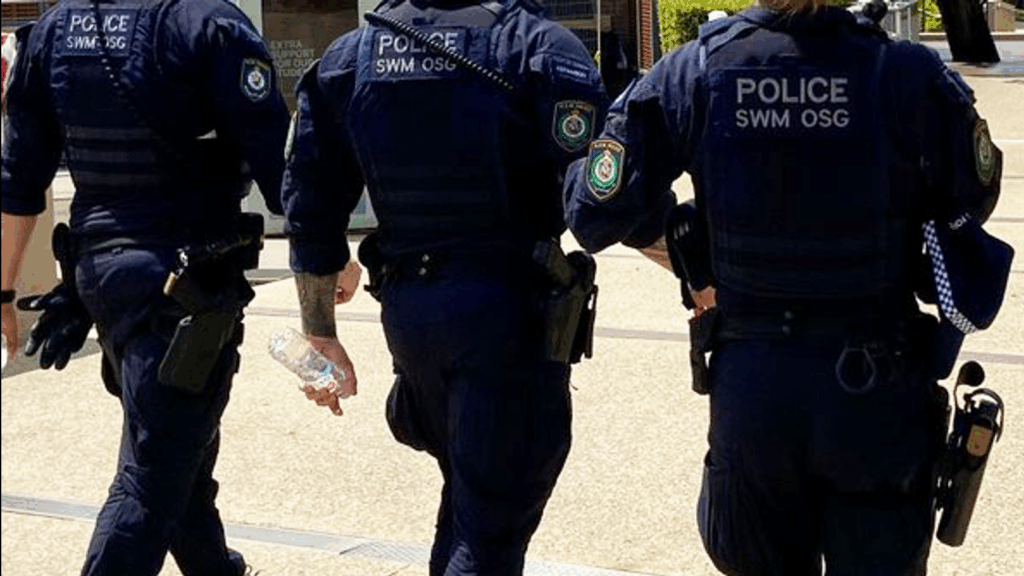
The Australian Federal Police (AFP), with the backing of the Albanese Labor government, has established new National Security Investigations (NSI) teams to address threats to Australia’s “social cohesion.” These units commenced operations in September in Sydney, Melbourne, and Canberra, forming part of the AFP’s Counter Terrorism and Special Investigations Command.
This initiative marks a significant expansion of the AFP’s role, positioning the 8,000-strong force as a central player in monitoring and potentially prosecuting activities deemed harmful to the nation’s social fabric. The newly appointed AFP chief, Krissy Barrett, has emphasized the importance of maintaining the existing order, describing the AFP as a “national security agency.”
Broader Mandate and International Collaboration
The NSI teams are set to collaborate closely with the Australian Security Intelligence Organisation (ASIO) and state and territory police forces. Their mission is to provide a coordinated, intelligence-driven response to perceived security threats. However, terms like “social cohesion” and “security threats” remain deliberately broad, extending beyond traditional definitions of terrorism or hate speech.
There are echoes of the Trump administration’s use of vague labels to target opposition, drawing parallels with the current Australian strategy. The AFP’s media statement highlighted its collaboration with the “Five Eyes” network, an international surveillance alliance that includes the United States, the UK, Canada, and New Zealand.
“Many groups of concern are dispersed across Australia and, in some cases, connected to international groups of concern,” the statement declared. “The AFP will attack these groups on a global level through operations, capabilities and relationships with the international law enforcement intelligence community—including the Five Eyes Law Enforcement Group.”
Controversial Legislation and Public Concerns
The AFP’s expanded powers are part of a broader legislative push by the Labor government. In July, legislation was introduced to extend ASIO’s compulsory questioning powers beyond terrorism to include sabotage, promoting communal violence, and other broad topics. This move has been viewed as an attempt to suppress dissent, particularly opposition to the government’s foreign policy and domestic security measures.
Barrett has publicly linked the NSI’s focus to recent global events, including the mass opposition to the US-backed Israeli actions in Gaza. She has suggested that hate crime laws, enacted earlier this year, may need further expansion to address emerging threats.
“In the past two years, particularly post-October 7, 2023, we have seen a changing operating environment for law enforcement in Australia,” Barrett told the Australian Broadcasting Corporation.
Historical Context and Future Implications
The establishment of the NSI teams is not an isolated development. It follows a trend of increasing surveillance and policing powers granted to the AFP and ASIO over the past two decades, often justified by the global “war on terrorism.” Critics argue that these measures are paving the way for a police state, targeting not just terrorism but also political dissent and social unrest.
Recent revelations have further fueled public skepticism. Earlier this year, the AFP and New South Wales Police admitted that a supposed antisemitic plot was actually an organized crime operation, unrelated to terrorism. This incident, along with others, has exposed flaws in the government’s narrative and raised questions about the true motives behind these security measures.
As the Albanese government continues to align itself with international partners, particularly the United States, the implications for civil liberties and democratic rights in Australia remain a pressing concern. The AFP’s new operations underscore the potential for increased political suppression, as the government seeks to maintain control amid rising domestic and international tensions.
The situation is further complicated by recent legal developments. The New South Wales Court of Appeal recently upheld the possibility of imposing “contempt of court” charges against those defying court orders, a move seen as a threat to free speech and assembly rights.
As the AFP’s NSI teams begin their work, the balance between national security and civil liberties will likely remain a contentious issue, prompting ongoing debate and scrutiny from both the public and legal experts.







